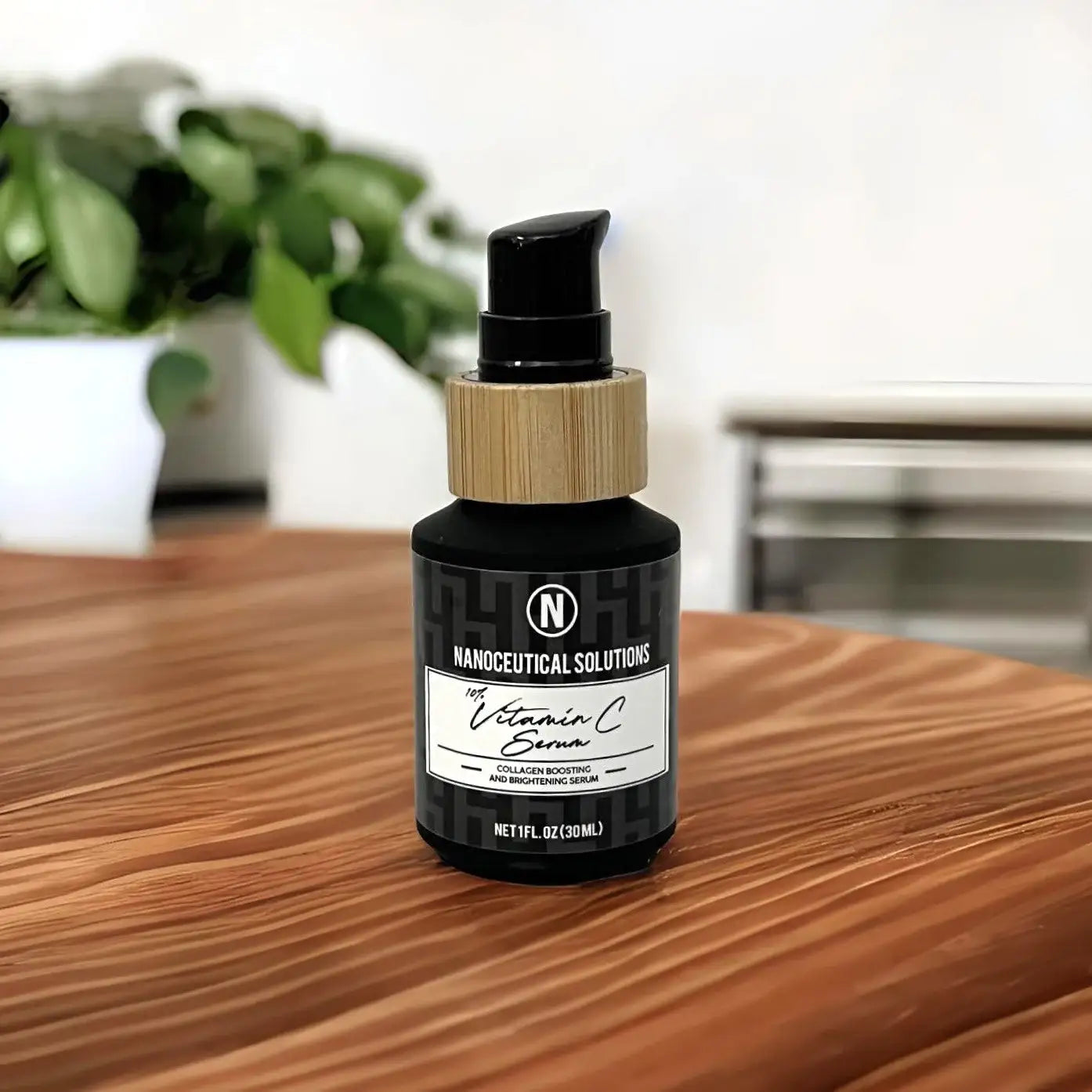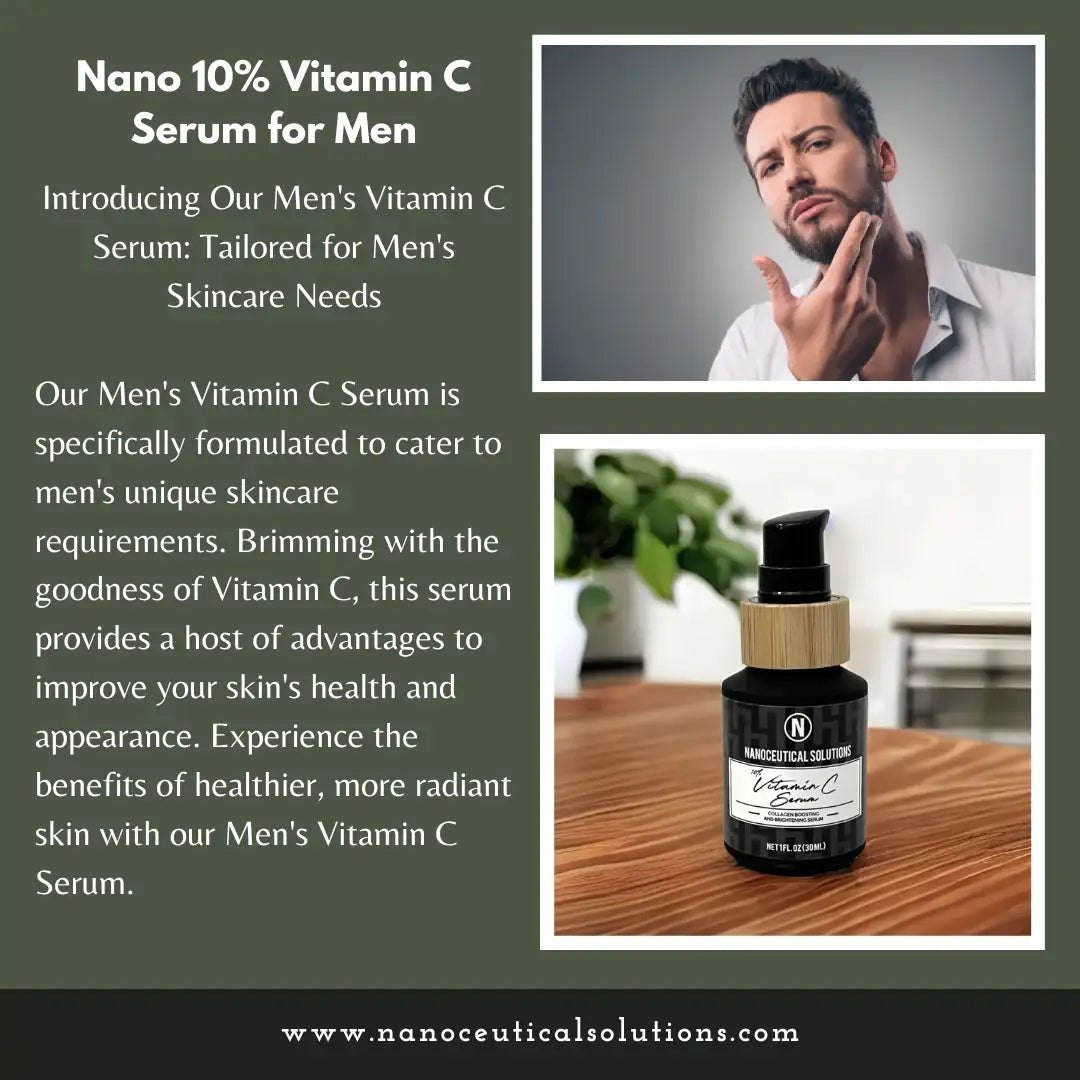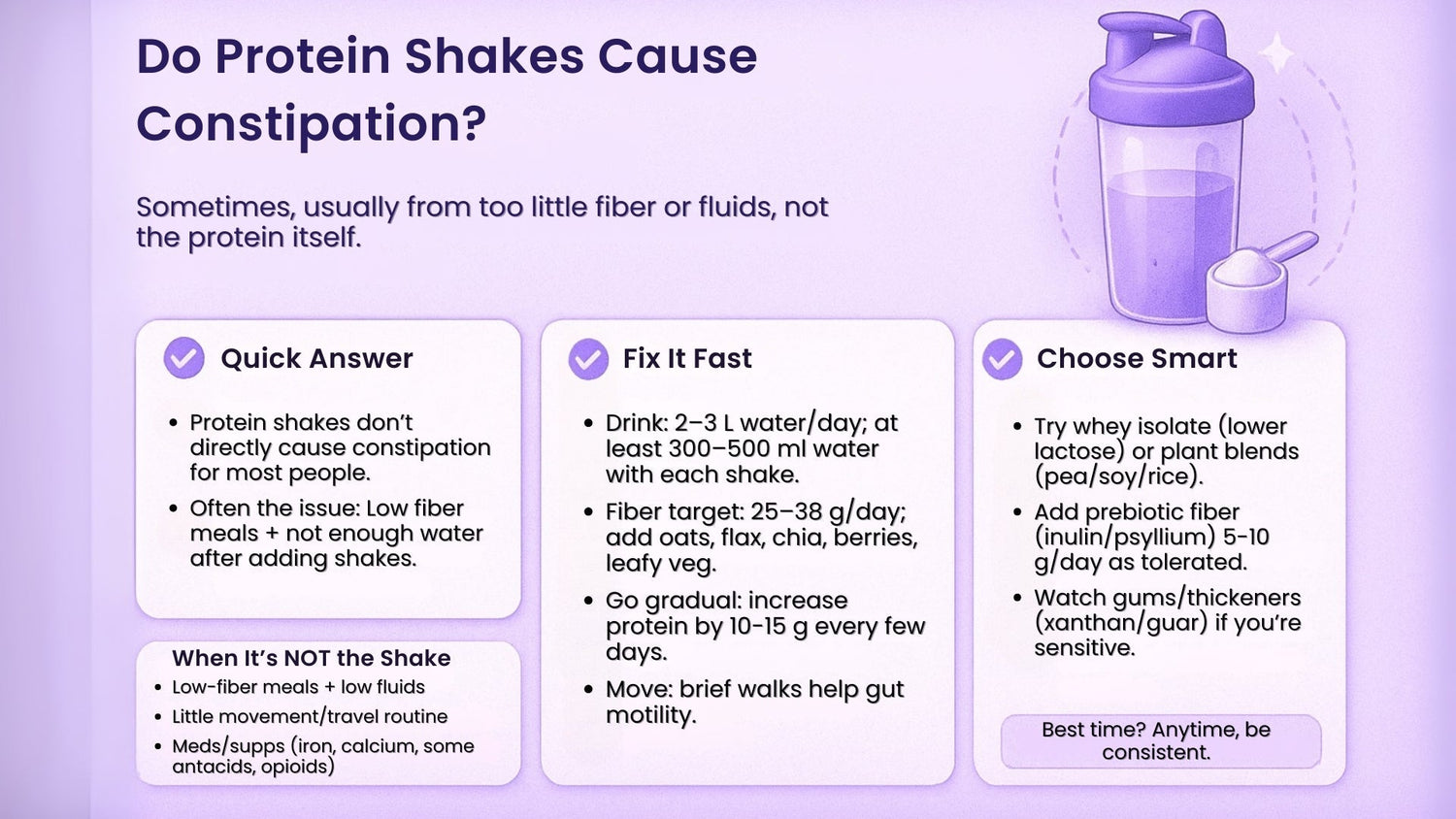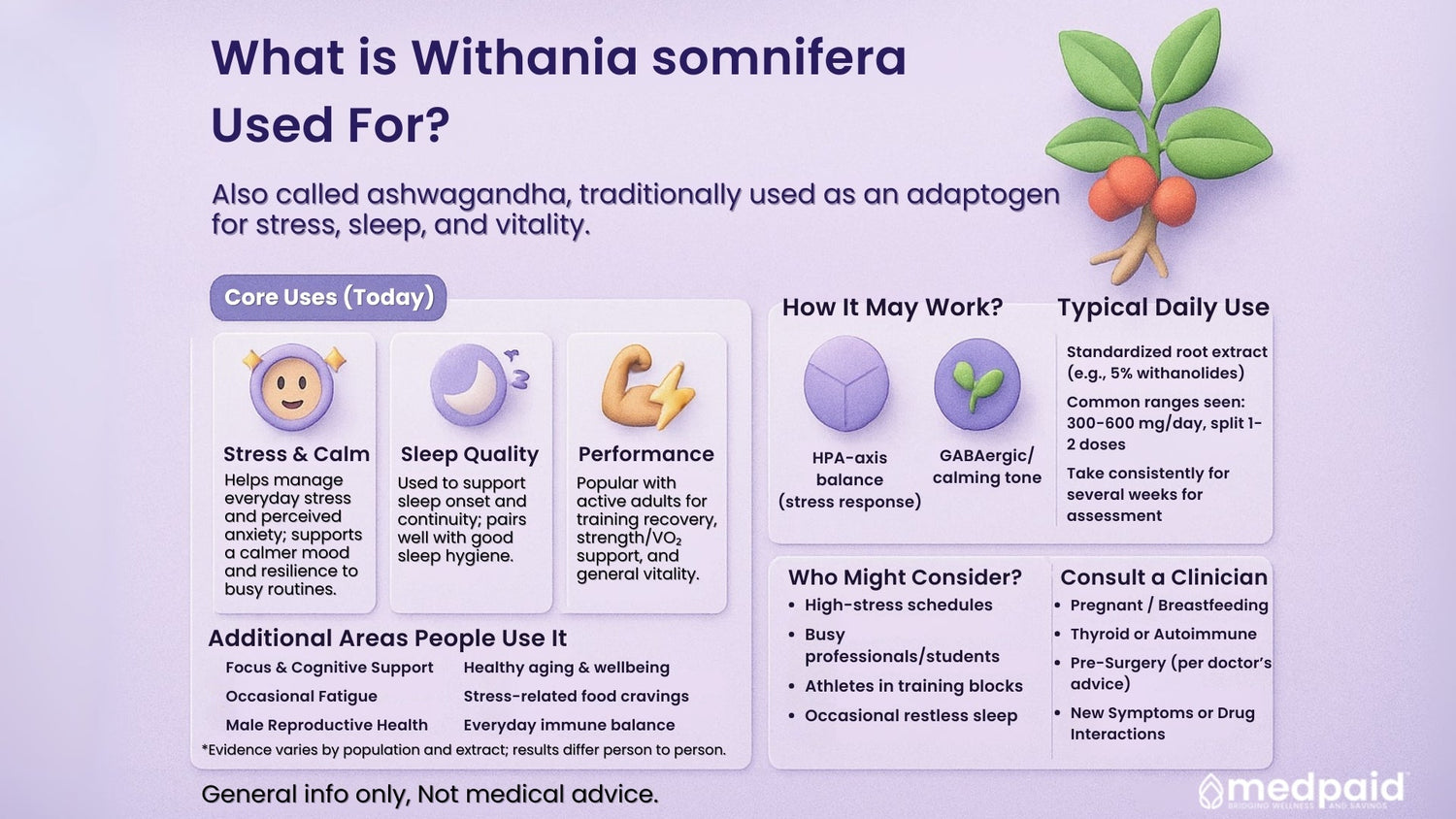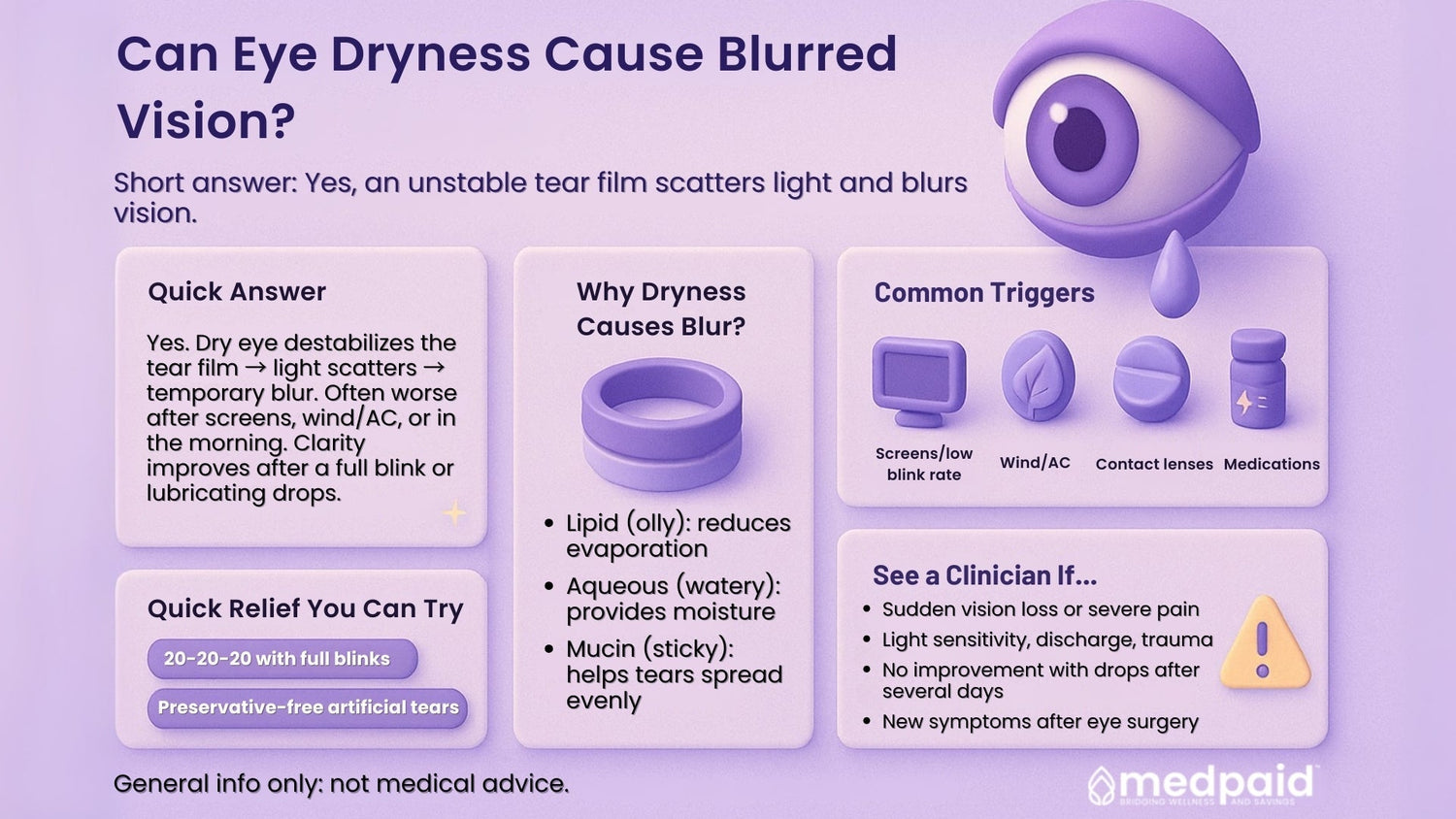Healthy hair doesn’t come from products alone, it starts with nutrition. Hair follicles are constantly growing and dividing, so they need a steady supply of micronutrients and building blocks. Eating the right balance of vitamins, minerals, proteins and healthy fats helps the body function efficiently, leading to hydrated skin, shiny hair and strong nails. When you don’t get enough of these nutrients through food, strands can become thin and brittle. Below is a guide to the key vitamins that support hair and nail growth and a look at common questions about biotin and hormones.
Vitamins that support hair and nail growth
Vitamin A and Carotenoids
Vitamin A plays a central role in cellular growth and helps regulate the production of sebum (oil) that moisturises the scalp. Natural sources include sweet potatoes, carrots and leafy greens. Because vitamin A is fat soluble, it can accumulate; excessive supplementation has been linked to hair loss. For plant based sources of provitamin A and other micronutrients, you could explore nutrient dense powders in the Greens & Superfoods collection.
B Vitamins
The B vitamin family helps convert food into energy and is essential for cell division. Deficiencies in several B vitamins have been associated with hair loss:
-
Biotin (vitamin B7) is involved in keratin production, the protein that makes up hair, skin and nails. While biotin deficiency is rare, it can cause brittle nails and thinning hair. More on biotin below.
-
Vitamin B12 supports DNA synthesis; low levels have been linked to telogen effluvium (temporary hair shedding).
-
Folate (vitamin B9) and riboflavin (vitamin B2) contribute to red blood cell formation and energy metabolism. Severe deficiencies can affect hair follicles, but there isn’t enough evidence to recommend supplementation when levels are normal.
Foods like beans, whole grains and eggs supply B vitamins. If you’re looking for convenient ways to increase B vitamin intake, Biotin capsules or the high potency Biotin 10 000 mcg Extra Strength supplement may help fill gaps. For a chewable option designed for kids and adults, Biotin Gummies deliver biotin in a tasty, vegetarian gummy.
Vitamin C and Antioxidants
Vitamin C acts as an antioxidant, protecting hair follicles from free radical damage, and it is required to synthesise collagen, a structural protein important for hair strength. Citrus fruits, berries and bell peppers are rich sources. Vitamin E, another antioxidant, helps protect cell membranes but should not be supplemented in high doses unless advised by a doctor. Some products combine these nutrients with other hair friendly compounds. The Beauty Plus hair/skin/nails gummies contain biotin, vitamins A, C and E, B complex vitamins and turmeric, providing a comprehensive blend to support a “natural glow”.
Vitamin D
Vitamin D plays a role in hair follicle cycling and immune regulation. Low vitamin D levels have been linked to more severe pattern hair loss, and supplementing deficient individuals can improve androgenetic alopecia and telogen effluvium. However, taking vitamin D when you’re not deficient won’t necessarily prevent hair loss. Sunlight exposure and fortified foods are good sources. When dietary intake is insufficient, doctor vetted options like Hair ReVive® or Lustrous Hair offer blends of vitamins, minerals and plant extracts aimed at supporting vitamin D pathways along with other nutrients.
Iron and Trace Minerals
Iron helps red blood cells deliver oxygen to hair follicles. Deficiency can cause diffuse hair shedding, especially in women. Vitamin C enhances iron absorption, so eating vitamin C rich foods with plant sources of iron is beneficial. Zinc and copper are involved in keratin synthesis and maintaining a healthy scalp; however, too much zinc can disrupt copper balance. Selenium is required in very small amounts; excess can cause hair loss. Balanced mineral formulas such as Zahler SHINE Capsules combine biotin, silica, keratin and trace minerals to support “healthy and lustrous skin, hair and nails”.
Protein and Healthy Fats
Hair is made mostly of protein, so consuming adequate protein is essential for growth. Low calorie or low carb diets can lead to brittle strands. Healthy fats (from fish, nuts and seeds) help lock moisture into hair and skin. If you struggle to meet protein needs, consider exploring the Protein collection for meal replacements and powders. Omega 3 rich fish oils, found in the Sports Nutrition section, also support scalp health.
Does Biotin help Hair Growth?
Biotin, or vitamin B7, is one of the most marketed hair supplements. It plays a role in keratin production, and very high doses (10 000 mcg) are promoted for hair, skin and nail health. However, a review of published cases found that only 18 people showed hair or nail improvement with biotin supplementation, and all had an underlying health issue causing deficiency. The authors concluded there is limited evidence to support biotin supplements in healthy individuals. Large doses can also interfere with lab tests. In most people, a balanced diet provides enough biotin.
If you’re concerned about biotin levels or follow a restrictive diet, talk to a healthcare professional. Medpaid offers several biotin based options:
-
Biotin capsules - a water soluble B vitamin supplement that supports hair and nail health.
-
Biotin 10 000 mcg Extra Strength - provides a high potency vegan dose to support keratin production and metabolism.
-
Zahler Biotin Gummies - a tasty, vegetarian gummy formulated for kids and adults; the formula includes biotin to support “healthy and lustrous skin, hair and nails”.
Remember that supplements should complement, not replace, a nutrient dense diet. Always consult a health professional before starting high dose biotin.
What about Collagen and other Hair Formulas?
Collagen peptides provide amino acids needed for keratin formation and may help improve hair strength. Products like Lustrous Hair contain fish collagen peptides, iron, vitamins C and E, kelp and bamboo extract to provide “18 vitamins for hair growth”. This formula aims to address multiple causes of hair loss by reducing DHT, balancing stress with plant antioxidants and supplying nutrients. The balanced approach of such supplements can be useful when dietary intake is limited, but be sure to pair them with nutrient rich meals and adequate sleep, the Stress & Sleep Aids section offers additional support.
Can Estrogen Stop Body Hair Growth?
Hormones influence hair distribution. A recent review on gender affirming hormone therapy reported that feminising treatment with estradiol and antiandrogens can reduce facial and body hair and may improve androgenetic alopecia; conversely, masculinising therapy with testosterone increases body hair. This effect is due to altered androgen levels. However, using estrogen to reduce body hair is not a typical hair removal strategy outside of medical transitions. Hormone therapy should only be undertaken under medical supervision. For non hormonal ways to care for unwanted body hair, consider topical solutions and professional treatments. Our Health & Beauty collection offers devices and products like red light therapy.
Putting it all together
A balanced diet rich in vitamins A, C, D, E, B‑vitamins, iron, zinc, selenium, protein and healthy fats supports the growth cycle of hair and nails. Deficiencies or restrictive diets can cause hair shedding, but taking megadoses of individual vitamins is not a cure‑all. It’s best to test for deficiencies and address them under professional guidance.
Medpaid makes it easier to support your wellness with doctor‑vetted products. Whether you’re looking for comprehensive hair formulas such as Hair ReVive®, nutrient‑dense blends like Lustrous Hair, simple biotin supplements or multi‑nutrient Beauty Plus gummies, our marketplace offers HSA/FSA‑eligible options. You can also browse broader categories like Vitamins & Minerals, Greens & Superfoods, Protein & Meal Replacement and Lab Work to tailor your wellness routine. For additional wellness needs from fitness equipment to recovery tools, explore our Sports Nutrition and Health & Beauty collections.
Remember: true hair health comes from within. Nourish your body with varied, nutrient‑rich foods and use supplements to fill specific gaps. For personalised recommendations, consult a healthcare provider or dietitian. If you have questions about product eligibility or want help choosing the right supplement, contact our customer service team or visit the Stress & Sleep Aids section for support.


